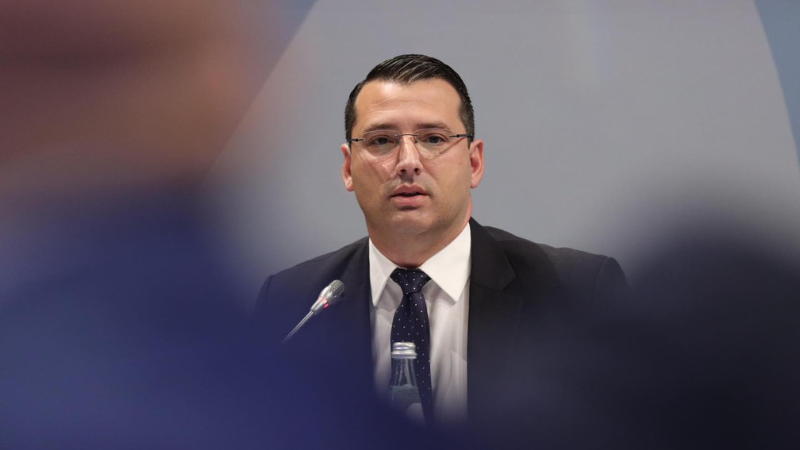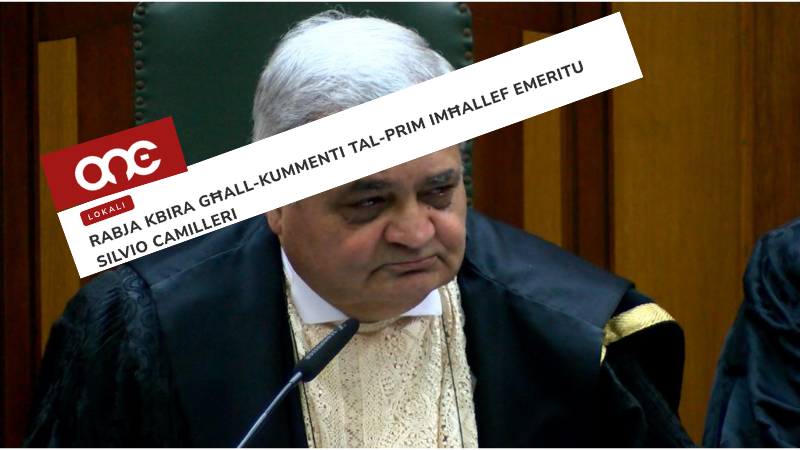Disinformation and propaganda are challenging access to information and the overall public trust in media and government institutions, according to the UN Special Rapporteur on the promotion and protection of the right to freedom of opinion and expression David Kaye.
Hate speech and harassment online should be addressed by putting human rights law “at the very centre” of regulations of online content, the Special Rapporteur said in a report presented at the ongoing 38th session of the Human Rights Council.
Kaye focused on the regulation of user-generated content, principally by States and social media companies. He recommended that States ensure an enabling environment for online freedom of expression and that companies apply human rights standards at all stages of their operations.
The Special Rapporteur warned of “unstable, unpredictable and unsafe environments for users and intensified government scrutiny” online.
Kaye said the vagueness of hate speech and harassment policies had triggered complaints of inconsistent policy enforcement that penalises minorities while reinforcing the status of dominant or powerful groups.
“The public sees hate, abuse and disinformation in the content users generate. Governments see terrorist recruitment or discomfiting dissent and opposition. Civil society organisations see the outsourcing of public functions, like protection of freedom of expression, to unaccountable private actors.
“This moment calls for radical transparency, meaningful accountability and a commitment to remedy in order to protect the ability of individuals to use online platforms as forums for free expression, access to information and engagement in public life,” the report states.
It includes a list of recommendations: “At a minimum, companies and States should pursue radically improved transparency, from rule-making to enforcement of the rules, to ensure user autonomy as individuals increasingly exercise fundamental rights online”.
States should repeal any law that criminalises or unduly restricts expression, online or offline, the report adds.
The Special Rapporteur stressed that human rights law imposes duties on States to ensure enabling environments for freedom of expression and to protect its exercise, and to promote media diversity and independence and access to information.
Addressing corporations, he said all segments of the ICT sector that moderate content or act as gatekeepers should make the development of industry-wide accountability mechanisms (such as a social media council) a top priority.
The Press Emblem Campaign welcomed the report, saying it was concerned by the use of social media to disseminate hate, violence, extremism and discrimination. The NGO was founded by journalists and is based in Geneva with a special consultative status at the UN.
“Disinformation campaigns via websites and social media have also been employed to discredit or silence dissenting voices and to demonise opposition. Propaganda often targets activists and human rights defenders who risk their lives to document and report on human rights abuses on the ground, labeled as “fake news,” the PEC said.
Read more: Disinformation Watch














